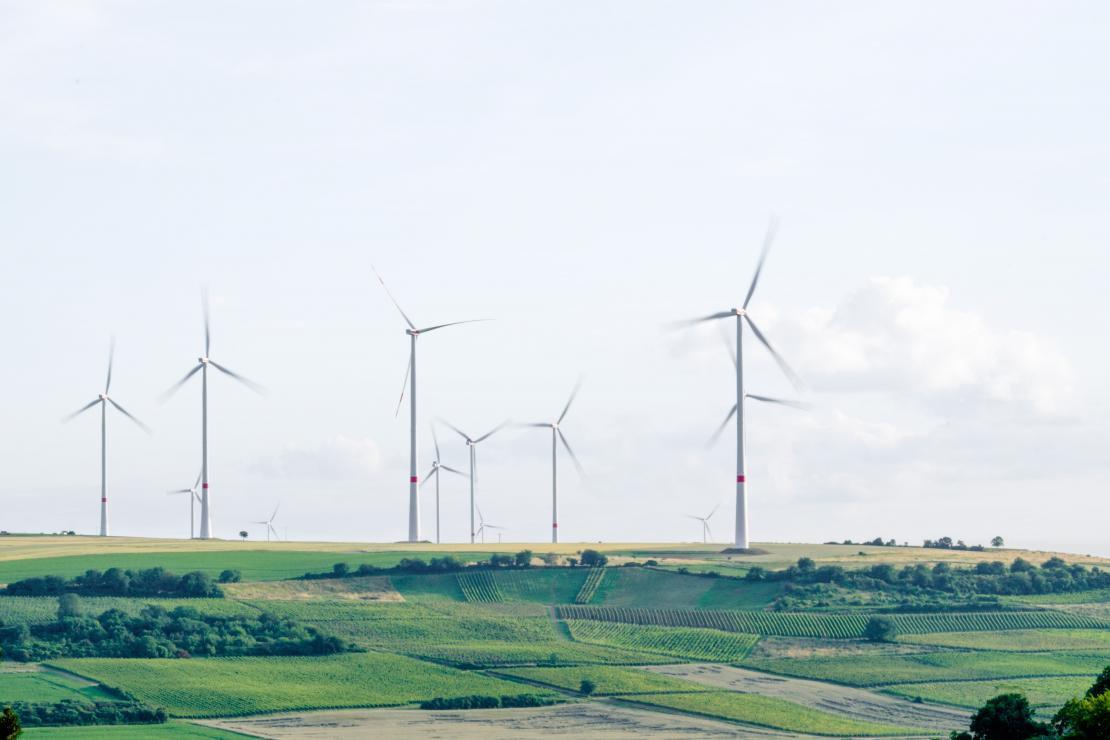
As the world gets ready for the 27th Conference of the Parties of the United Nations Framework Convention on Climate Change (COP27), taking place in Sharm El-Sheikh, Egypt, over the following weeks, let's remember what happened since COP 26 - and what can be expected from this year's edition.
COP26 took place in Glasglow almost a year ago. The event ended with the urgency of accelerating action and collective effort toward the adverse impacts of climate change. It was also marked by the disbelief and doubt of many - especially the youngest generations - on how the nations and companies will deliver on the pledges, promises, and commitments made last November.
Moving forward to 2022, the sense of urgency surrounding climate action still haunts us all. The past months were marked by extreme weather events worldwide, geopolitical tensions, and humanitarian and energetic crises raised mainly by the Russian invasion of Ukraine. In this context, we cannot help but wonder if COP 27 will (truly) bring together our leaders to promote the positive change our future relies on.
The Presidential vision statement for COP27 is about "moving from negotiations and planning to implementation." The debates aim to include technical discussions on how to act on the commitments made in previous years; for instance, how nations can measure their emissions and report on their progress. These discussions will pave the way for the Global Stocktake at COP28, which will assess the global collective progress on mitigation, adaptation, and means of implementing the Paris Agreement.
Thus, COP27 seeks to "further enhance the scope of deliverables across the climate action agenda." Some of its goals are to:
1. Assess how countries are reducing their emissions and working towards mitigation.
Governments are expected to show how they plan to implement the Glasgow pact call, review their climate plans and create a work program related to mitigation. This also means presenting more ambitious 2030 emissions targets.
2. Assess how countries will adapt - and help others - mitigating risks.
Last year's event has set the stage for tense negotiations. The impact of climate change is profoundly felt in more vulnerable regions with less infrastructure to deal with its consequences. In COP27, countries are expected to "capture and assess their progress toward enhancing resilience" and helping vulnerable communities, which requires more detailed and ambitious commitments in the nations' national climate plans. UN secretary-general António Guterres has stressed that decisions on "loss and damage" must be made at this COP because a "failure to act" could cause "more loss of trust and more climate damage." Loss and damage refer to the funding from developed countries to partially compensate for the effects of climate change in lower incoming countries - but so far, it is still under debate how countries can agree on this commitment. COP27 will only succeed if it can clearly define cooperation and action plans for the upcoming future.
3. Assess how more developed nations can ensure climate finance, as countries haven't met the $100 billion promise to support low and middle-income countries in building the necessary structure to deal with the climate crisis.
Topics of discussion also include renewable energies, the impact of geopolitical crisis, the intensification of "natural disasters," the damage and long-term effects of climate change in vulnerable economies, and the finance of green technology.
COP 27 takes place a moment of profound questioning on the future of humanity.
Will COP 27 be able to build upon what was left to discuss over the past year - and give them closing based on real solutions and concrete plans?
Can this be the catalyst for the real change we so desperately hope for?
These are some of the questions we hope to see answered over the following weeks in Egypt.
Have a great and impactful week!
Natália Cantarino
Researcher
Center for Responsible Business & Leadership
This article refers to edition #163 of the "Have a Great and Impactful Week" Newsletter and covers SDG 13 and 17.
Subscribe here to receive the weekly newsletter